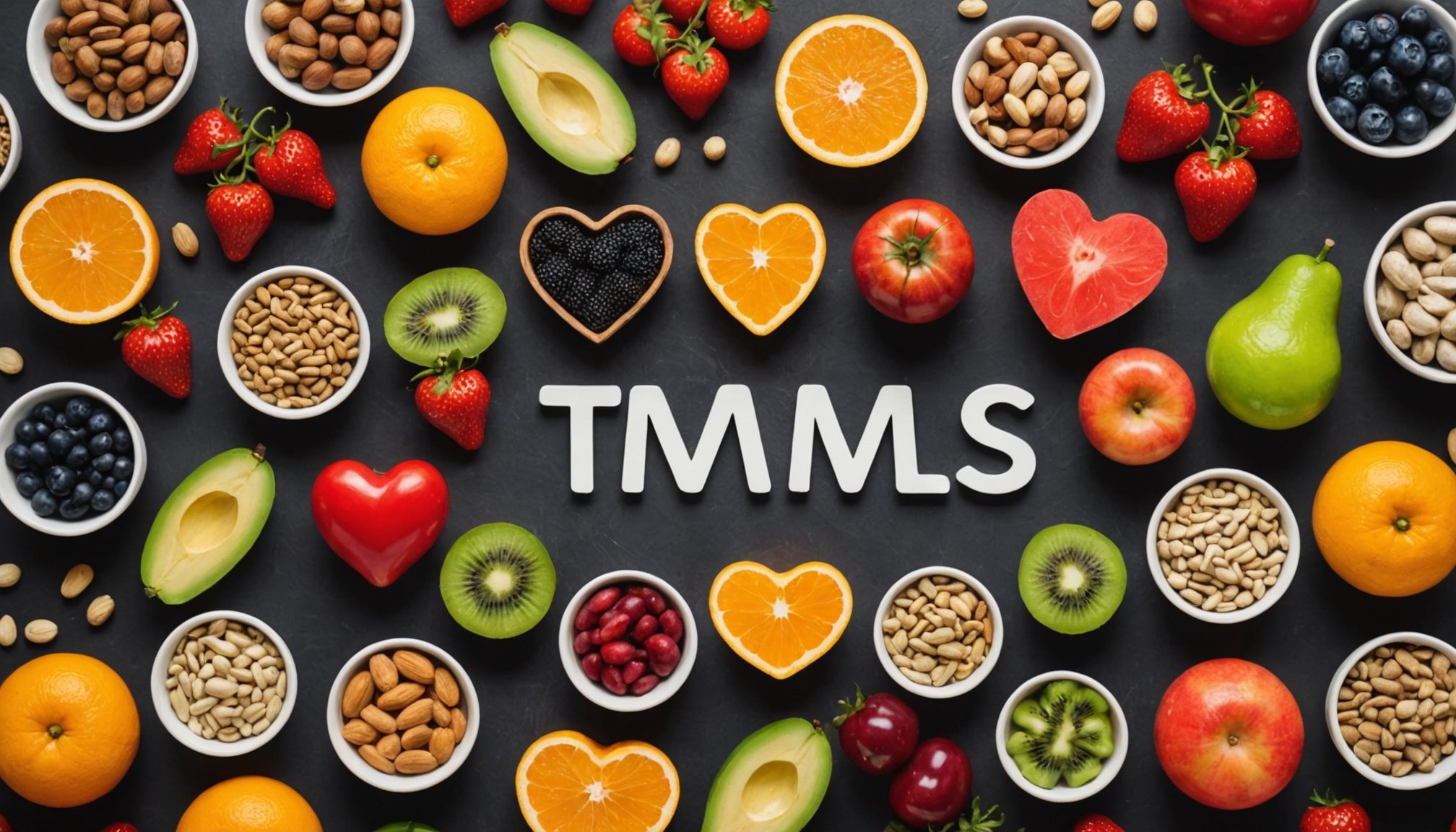Heart health is a vital aspect of overall well-being. A well-functioning heart ensures that blood circulates effectively throughout the body, delivering essential nutrients and oxygen. However, many individuals overlook the importance of certain vitamins and minerals in promoting cardiovascular health. This article will delve into the specific nutrients that play a crucial role in maintaining a healthy heart, discussing their functions, dietary sources, and how they can help reduce the risk of heart-related diseases.
The Role of Vitamins in Heart Health
Vitamins are organic compounds that our bodies require for various biochemical functions. When it comes to heart health, several vitamins stand out for their protective properties. Here are some of the most essential vitamins you should incorporate into your diet.
In the same genre : What are the psychological effects of long-term chronic pain, and how can they be managed?
Vitamin B6, B12, and Folate: These B vitamins are vital for reducing homocysteine levels in the blood. High homocysteine levels are a risk factor for cardiovascular disease. Foods rich in these vitamins include leafy greens, beans, fish, and fortified cereals.
Vitamin C: As a powerful antioxidant, Vitamin C helps combat oxidative stress, which can damage blood vessels and lead to heart disease. Citrus fruits, strawberries, and bell peppers are excellent sources of Vitamin C.
Also to see : What lifestyle changes can significantly reduce the risk of developing hypertension?
Vitamin D: Recent studies have linked low levels of Vitamin D to an increased risk of heart disease. The body produces Vitamin D when exposed to sunlight, but it can also be obtained from fatty fish, fortified dairy products, and egg yolks.
Vitamin E: This vitamin helps protect cells from oxidative damage. It can be found in nuts, seeds, and green leafy vegetables.
Incorporating these vitamins into your diet can significantly enhance your heart’s resilience against diseases. Opt for a balanced approach, integrating a variety of fruits, vegetables, and whole foods to ensure adequate intake.
Essential Minerals for Cardiovascular Function
Minerals, much like vitamins, play a vital role in maintaining heart health. They aid in various bodily functions and help support cardiovascular stability. Here are some key minerals you should focus on:
Magnesium: This mineral is necessary for over 300 biochemical reactions in the body, including maintaining a steady heartbeat. It helps relax blood vessels, improving blood flow and lowering blood pressure. Good sources of magnesium include nuts, seeds, whole grains, and leafy green vegetables.
Calcium: While most commonly associated with bone health, calcium also plays a critical role in heart function. It helps muscles, including the heart muscle, contract and relax properly. Dairy products, fortified plant-based milks, and leafy greens are excellent sources.
Potassium: This mineral is crucial for balancing fluids in the body and regulating blood pressure. High potassium intake is associated with a reduced risk of stroke and can help manage blood pressure levels. Foods rich in potassium include bananas, oranges, potatoes, and spinach.
Sodium: While sodium is essential for fluid balance, excessive consumption can raise blood pressure, increasing heart disease risk. It is crucial to monitor sodium intake and focus on fresh, unprocessed foods, which tend to be lower in sodium.
By understanding the importance of these minerals and ensuring you include them in your diet, you can support optimal cardiovascular function and reduce the risk of heart disease.
Foods That Promote Heart Health
Selecting the right foods is essential for ensuring you gain the necessary vitamins and minerals to maintain a healthy heart. Here’s a list of foods that can help promote heart health:
Fruits and Vegetables: These are high in vitamins, minerals, and antioxidants that help protect the heart. Berries, citrus fruits, leafy greens, and cruciferous vegetables like broccoli are particularly beneficial. Aim to fill half your plate with a variety of colorful fruits and vegetables to maximize nutrient intake.
Whole Grains: Foods such as oatmeal, quinoa, brown rice, and whole wheat bread are rich in fiber. Fiber helps reduce cholesterol levels and aids in maintaining a healthy weight, both crucial for heart health.
Fatty Fish: Fish like salmon, mackerel, and sardines are excellent sources of omega-3 fatty acids, which are essential for heart health. Omega-3s help reduce inflammation and lower blood pressure. Aim for at least two servings of fatty fish per week.
Nuts and Seeds: These are packed with healthy fats, fiber, and protein. Walnuts, almonds, chia seeds, and flaxseeds are particularly heart-friendly due to their nutrient profiles. Enjoy them as snacks or incorporate them into meals for added crunch and nutrition.
Legumes: Beans, lentils, and chickpeas are high in protein and fiber, making them an excellent choice for heart health. They help stabilize blood sugar levels and contribute to a healthy weight. Consider adding them to salads, soups, or stir-fries.
By focusing on these foods in your diet, you can effectively nourish your body, support your heart, and reduce the risk of cardiovascular diseases.
Considerations for Dietary Supplements
While obtaining essential vitamins and minerals through food sources is the best approach for heart health, some individuals may benefit from dietary supplements. However, it’s crucial to exercise caution and consult with a healthcare professional before starting any supplement regimen.
Fish Oil Supplements: If you do not regularly consume fatty fish, taking fish oil supplements can provide you with necessary omega-3 fatty acids, which support heart health. Ensure the product is of high quality and free from contaminants.
Multivitamins: A daily multivitamin may help fill any nutritional gaps in your diet, especially if you have dietary restrictions. However, it should not replace a well-balanced diet. Choose a multivitamin tailored for heart health that includes key nutrients like B vitamins, Vitamin D, and antioxidants.
Magnesium Supplements: If you struggle to get enough magnesium through food, consider a magnesium supplement. This mineral is critical for maintaining a healthy heartbeat and overall cardiovascular function.
Coenzyme Q10: This antioxidant is vital for energy production in cells and has been shown to support heart health. It is often recommended for those taking statins, as these medications can lower natural CoQ10 levels in the body.
In summary, while supplements can be beneficial, they should complement a healthy diet rather than replace it. Always consult a healthcare provider to determine the best approach for your individual needs.
Maintaining a healthy heart is paramount for overall well-being. By understanding the critical role that vitamins and minerals play in cardiovascular health, you can make informed choices about your diet. Prioritizing foods rich in essential nutrients and considering appropriate supplements can significantly enhance your heart’s resilience against disease. Emphasizing a balanced diet and being proactive about your health can help you enjoy a longer, healthier life.











